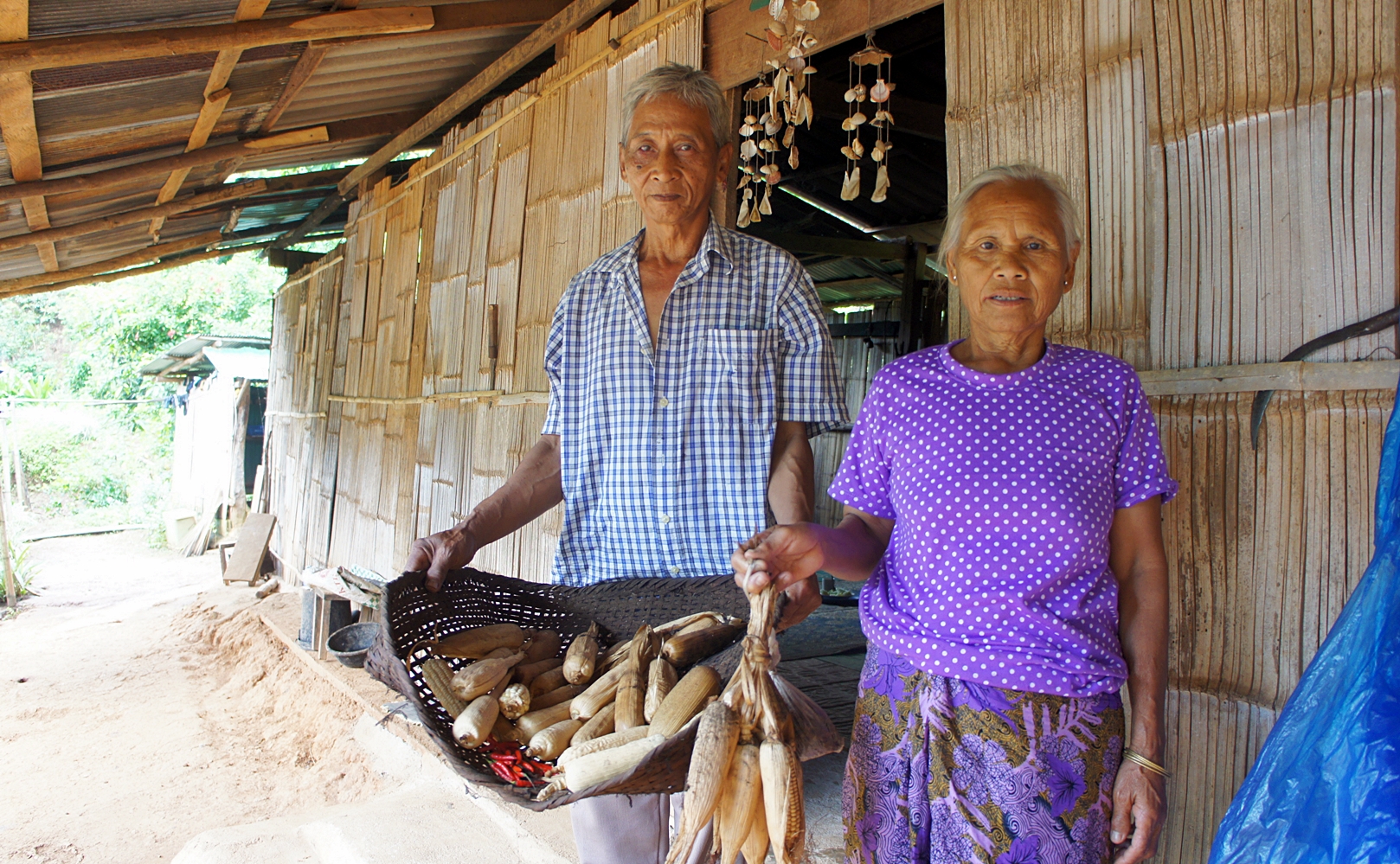Unsustainable consumption and production are among the major causes of continual deterioration of the global environment. In early years, the Lahu ethnic minority living in northern Thailand gave up their traditional agricultural practices, and started using pesticides and chemical fertilisers massively to plant cash crops in order to meet the agricultural market demand. They were making profit initially, but as the market price and oil price fluctuated, and the farmland became infertile, their harvest gradually dropped to a point where it could no longer support their living. What was worse was the negative impact on the health of villagers, whose bodies were found to contain too much residual chemical toxins as a result of prolonged consumption of crops with high levels of pesticides and chemical fertilisers.
All of us are consumers of the natural resources on earth. This year on World Environment Day (June 5), the United Nations urges consumers to “consume with care”, opt for less-energy/water/resource-intensive products, and reduce food waste in order to conserve the planet’s natural resources.
Besides changing our consumption and living habits, we can also help improving the lives of those whose living environment has been damaged by supporting their environmental recovery. Since 2008, under the help of CEDAR’s partner Thai-Lahu Foundation (TLF), the Lahu ethic minority has set up small gardens in their neigbourhood to plant organic and seasonal vegetables and fruits in order to improve their food quality. On the other hand, TLF also helped them to replant cut trees, farm fish seeds and protect rivers so as to restore the local ecology.
Today, the project has been introduced to plenty villages of the Lahu. It doesn’t only improve the coexistence of human and earth, but also strength the bonding among villagers. During harvest season, villagers will always share their crops with each other, as well as bringing them to church as a thanksgiving offering to God.
Resource depletion during production has disrupted the relationship between human, and the earth, and the environment, and different communities. This has also affected the Lahu people whose life depends heavily on the nature. TLF has been serving the Lahu for many years in the hope of restoring these broken relationships, as well as the relationship between all these with God.
Let us remember and support the Lahu people:
- May God protect and nourish their farmland so that they can grow their own food, have enough nutrition and enjoy health;
- May God keep their plantations and fish seeds, and that through which the local ecology can be restored;
- May God bless TLF’s work among the ethnic groups in northern Thailand, so that the villagers can live a better life and benefit from sustainable development.
Other Methods of Payment
- Cheque payable to ‘CEDAR FUND’
- Deposit to HSBC A/C No. 600-385678-001, enclosing with the Pay-in slip
- Autopay (only applicable to regular fixed donations), enclosing with a completed Autopay Authorisation Form (Download: WORD or PDF)
- Visa/ Master Card
Download Donation Form
Please send a completed Donation Form, enclosing with cheque or pay-in slip, to CEDAR FUND, G.P.O. BOX 3212, HONG KONG.
[1] CEDAR is an approved charitable institutions and trusts of a public character under section 88 of the Inland Revenue Ordinance. Please click Inland Revenue Department website to check for details.
[2] Donations over $100 are tax deductible in Hong Kong with our receipts.
[3] Please DO NOT fax any donation information.
